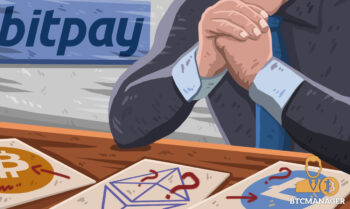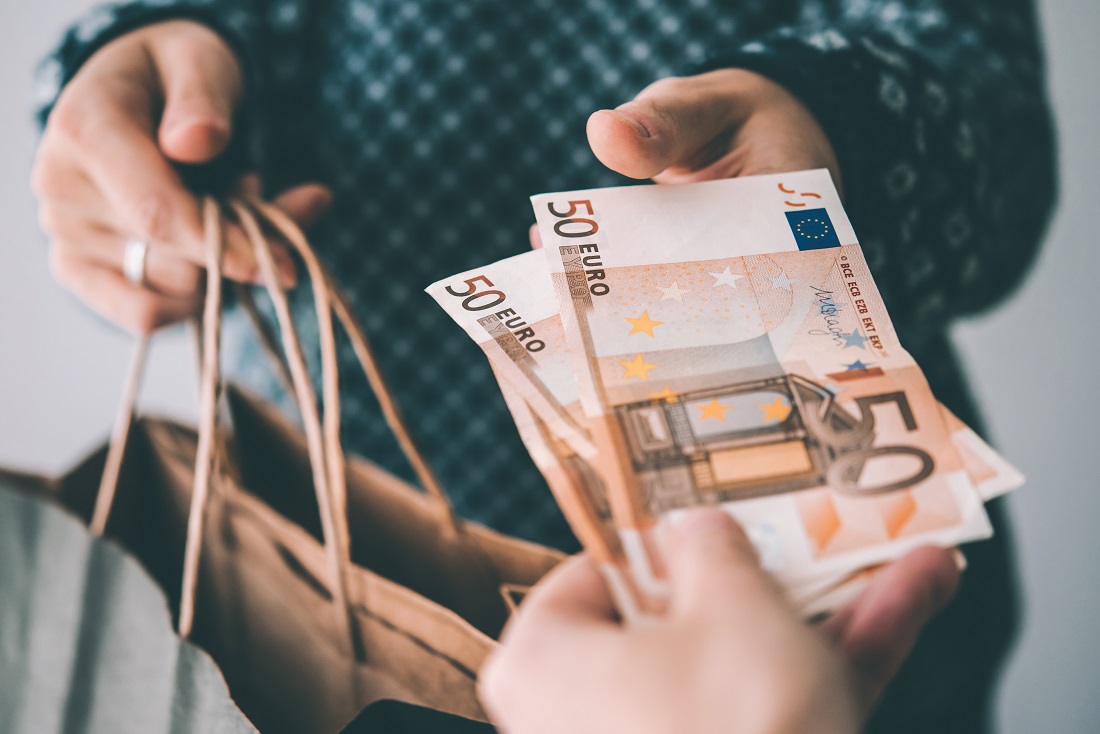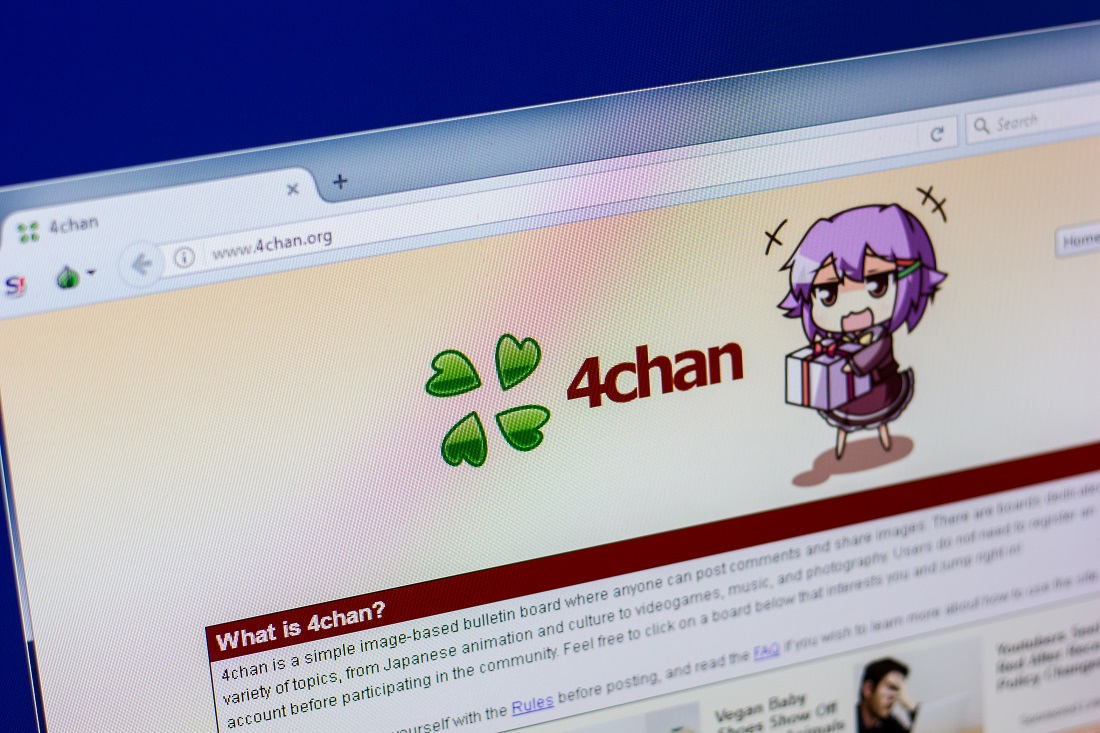
2020-1-24 23:34 |
International Payments Will Continue to Get Faster and Smaller
Payment providers and banks will continue to offer ever faster cross-border payment services to their customers, enabling them to send and receive low-cost payments in real-time. The cost overhead of these payments will also continue to shrink. This trend will accelerate in 2020 as customer demand for frictionless, on-demand payments grows—enabling solutions like the Interledger Protocol (ILP) and distributed ledger technologies to gain traction and scale up.
Leveraging Emerging Technology for Competitive Advantage
More banks will use banking-as-a-service tech platforms to revolutionize their cost-to-serve and cost-to-change. As technology costs associated with running and development continue to climb, we can expect banks will turn to cloud providers of banking technology to help radically reduce these costs.
Because cloud-hosted banking technology providers have developed new platforms with modern methods, pioneers of cloud service providers are ideally positioned to easily and inexpensively integrate into emerging blockchain networks, Artificial Intelligence (AI) engines and other emerging fintech categories—meaning the competitive advantage of innovative banks over slower-moving rivals will be intensified.
The long-awaited tipping point from on-premise, traditional banking technology to agile, low-cost, cloud-hosted banking technology is getting closer. 2020 perhaps is the year?
Building Consumer Solutions
Additionally, 2020 will see new consumer purchase solutions emerge for tourists and travelers that don’t require cards or card rails. Imagine if a Japanese tourist visiting Thailand could buy goods using a mobile app or QR code, triggering an immediate cross-border payment from their Japanese yen account to a Thai baht merchant’s account. If more consumer purchase solutions start leveraging blockchain technology in the same way, the payoff will—quite literally—be huge!
The global economy will see continued growth of micro and wallet payments to support immediate, low-cost payment flows. The use case for micropayments has traditionally been confined to messaging apps like Telegram and Line, but with larger technology companies introducing payment services of their own, we can expect a surge of developers flocking to digital assets as the solution to keep up with in-app, real-time payment processing demand.
Solving for Increased SME Needs
The shift from traditional, large-value batch flows to low-value, high-volume payments will help SMEs break into new markets much faster. SMEs are often fast growing which exposes them to cash flow crises through late payments from their larger, foreign buyers.
Cross-border payment services today are not set up to help them: they are slow, uncertain, prone to errors and accrue extremely high costs. In some parts of the world, cross-border services aren’t even readily available—all of which puts enormous pressures on small organizations’ small balance sheets and lifeline cash flows.
New blockchain payment technologies enable SMEs to invoice and receive international payments immediately, in small amounts, and with certainty.
This will be a game-changer, decreasing costs-of-business and enabling SMEs to free up precious capital for reinvestment. This will, in turn, increase the access to new markets for SMEs. 2020 will see a rise in international payment services like Ripple for SMEs across emerging markets, helping them to expand and process immediate payments around the world.
Growing Market Demand in Asia
Outpacing of OECD economies by Asian economies in payments innovation will continue through 2020. With 80 percent of the volume in digital asset trading coming from Asia, the region has an appetite for innovation—and perhaps the greatest need for a better payments infrastructure.
Blockchain has played a key role in this innovation, with its ability to make micro-transactions such as loans, payments and remittances much more efficient and transparent. In a region primed for advances in both consumer and enterprise remittances, there is enormous opportunity for the use of blockchain technology to address issues of liquidity, speed of implementation and the cost of capital.
This article originally appeared on TechNative as part of their future of finance, 2020 predictions.
The post What’s Next for the Future of Payments? appeared first on Ripple.
Similar to Notcoin - Blum - Airdrops In 2024
Render Payment (RPM) на Currencies.ru
|
|




































